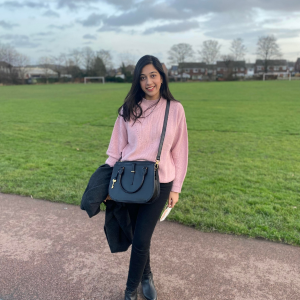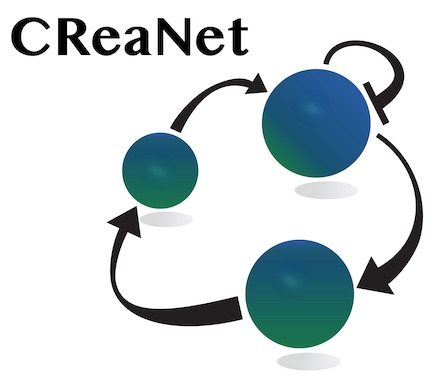
1. Please tell us a little about yourself. Where are you from and what is your research background?
I was born and raised in Faisalabad, Pakistan, a city known as Manchester of Pakistan and famous for its heavy textile industries. Before joining for my Ph.D. at Sheffield, I worked as a graduate research engineer in Process Analysis Laboratory (PROCAL), affiliated with Advanced Biomass R&D Centre, and Master’s in Chemical and Biomolecular Engineering, KAIST, Korea. During this process, I developed the skills for modeling, numerical simulations as well as experimental techniques. My experience of research has backed me to understand and implement my concepts into an application-oriented direction that can benefit public health.
2. Tell us briefly about the research project you have been doing as a Marie Curie Fellow?
I have been working at The University of Sheffield, Department of Chemical and Biological Engineering, under the supervision of Professor Annette Taylor. Inspired by communicative behaviors in living organisms such as bacteria, the current project aims to construct an artificial model of bacterial biofilms to use as a prototype to study antibiotic susceptibility testing (AST), through a combination of modeling and experiments. Particularly, I’m working towards creating a platform of artificial cell-like compartments to observe chemical signal communication.
3. Why did you choose to apply for this particular project?
Majorly, the objectives of this particular research, to develop computational models of ODEs/PDEs to support the experimental implementation of chemical reaction networks (CRNs) for signal amplification, spatiotemporal control, and materials, were in line with my future research interests, which was to be a part of the project consisting of a combination of modeling and simulations as well as experiments and that It contributes towards an overall impact on public wellbeing. In addition, this project was a part of a bigger consortium consisting of a network (ITN) of scientists and excellent labs working together to achieve a common goal and thus was offering me a chance to work in a vast collaborative environment.
4. As a researcher, which goals and ambitions do you have for your future career?
My goals and ambitions have grown over the years and only after developing a keen interest in my field of research and enjoying the process of learning new aspects of it every day, I’d like to continue my research as a Postdoc fellow or in an R&D sector. In addition, I’d like to be a part of the scientific project management team to learn and bridge the gap between science and management.
5. Who is your favorite scientist?
I’m all in for women in S.T.E.M and deliberately try following their research. I enjoy reading to a couple of scientists but particularly follow Professor Frances Arnold, Ph.D. in chemical engineering who is working at the interface of engineering and chemistry. Her outreach is outstanding and is actively trying to make science cool! (her Twitter handle: @francesarnold)
6. What was your first impression when you arrived in your host country?
I still remember the day I came to Sheffield and on the train, the ticket checker called me ‘luv/love’ and It brought a massive smile to my face. And only after staying here for a while did I realize this isn’t something surprising given the joyful and welcoming nature of the people here. What I love about this city is its multicultural vibe and food of all sorts, I’m enjoying my time here and would like to stay here even after completing my degree.
7. Why is your project important for society?
The platform of cell-like compartments helps to study communicative behaviors and predicting the trend through simulations creates exciting possibilities in the development of bioinspired applications in medicine such as in the field of responsive materials for drug delivery.
8. Marie Curie fellowship requires a lot of travel, why mobility is important for research?
International collaborations and scientific mobility are crucial for research fellows as it provides a wider approach to various research facilities and ideas to help discover the need for research. It adds skills and experiences of other scientists in the field to help achieve the common goal.
9. How did you find your passion for chemistry?
Interestingly, chemistry has always been my least favorite until my high school teacher made it fascinating and I can’t thank her enough for that- she’s the reason that I’ve always been connected to this field. With my interest in chemistry and the urge to work in an application-focused field, I eventually decided to do my BSc in chemical engineering.
10. Do you have any advice for other young researchers who are considering applying for a Marie Curie fellowship?
Don’t be scared of rejection, just APPLY! This is what I would say to my past self and to young researchers who are looking to start PhDs. It has been an exciting journey and the Marie Curie fellowship provided me the opportunity to meet amazing people from diverse fields and ethnicity and I think it’s fantastic!
